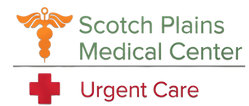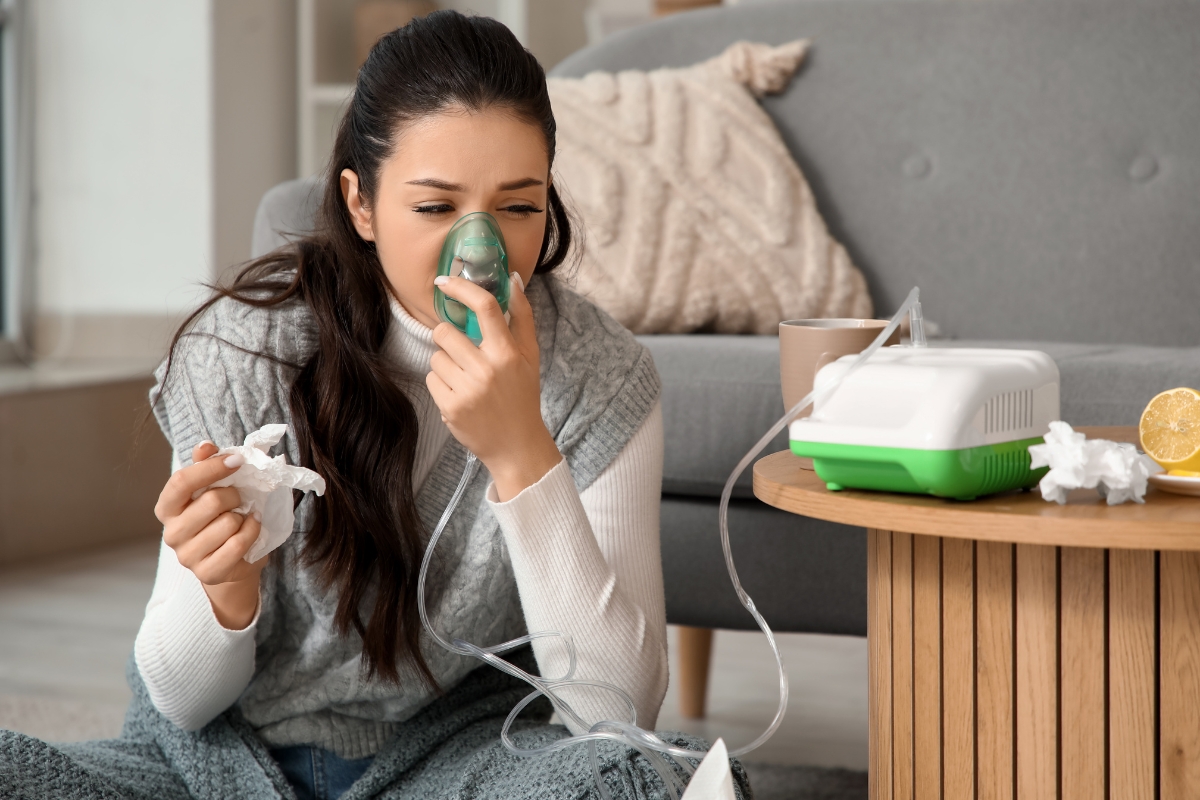How to Know When Immediate Medical Attention is Needed?
Recognizing when to seek immediate medical attention can save lives.
Have you ever felt unsure about whether a situation warrants an emergency room visit?
This uncertainty is common, but knowing the signs of a medical emergency can make a crucial difference. Understanding these signals helps you act swiftly and confidently in critical moments.
In this blog, we’ll walk through various medical scenarios that demand urgent care. From heart attack symptoms to severe allergic reactions, we’ll cover it all. By the end, you’ll have a clear understanding of when to call 911 or head to the nearest emergency room.
Let’s dive in and empower ourselves with the knowledge to handle medical emergencies effectively.
Recognizing Symptoms of a Heart Attack
Heart attacks require immediate medical attention. Symptoms can vary, but common signs include:
- Chest pain or discomfort: This may feel like pressure, squeezing, fullness, or pain.
- Discomfort in other areas: Pain may spread to the arms, back, neck, jaw, or stomach.
- Shortness of breath: This can occur with or without chest discomfort.
- Other symptoms: These may include breaking out in a cold sweat, nausea, or lightheadedness.
If you or someone else experiences these symptoms, don’t hesitate. Call 911 immediately. Time is crucial in a heart attack scenario, and quick medical intervention can save lives. Knowing these signs helps you react swiftly and get the necessary help without delay.
Identifying Stroke Symptoms
Strokes also demand immediate attention. The acronym FAST helps identify stroke symptoms:
- Face drooping: One side of the face droops or feels numb.
- Arm weakness: One arm feels weak or numb.
- Speech difficulty: Speech becomes slurred or hard to understand.
- Time to call 911: If you notice these symptoms, call 911 immediately.
Acting quickly during a stroke is vital. Every minute counts, and faster treatment can reduce the risk of long-term damage. Keep the FAST acronym in mind to help identify strokes promptly and ensure swift medical intervention.
Recognizing Severe Allergic Reactions
Severe allergic reactions, or anaphylaxis, can be life-threatening and require immediate medical attention. Common signs include:
- Swelling: Swelling of the face, lips, throat, or tongue.
- Difficulty breathing: Wheezing, shortness of breath, or a feeling of tightness in the chest.
- Rapid pulse: A fast, weak pulse can indicate shock.
- Skin reactions: Hives, itching, or flushed skin.
- Gastrointestinal symptoms: Nausea, vomiting, or diarrhea.
If you suspect anaphylaxis, use an epinephrine injector if available and call 911 right away. Don’t wait to see if symptoms improve. Immediate medical care is essential for managing severe allergic reactions.
Handling Severe Injuries
Certain injuries require prompt medical attention. Here are some examples:
- Severe bleeding: Apply pressure to the wound and seek medical help immediately.
- Broken bones: If a bone is visibly out of place or piercing the skin, call 911.
- Head injuries: Any loss of consciousness, confusion, or severe headache after a head injury warrants immediate care.
- Burns: Severe burns, especially those covering large areas or involving the face, hands, feet, or genitals, need emergency treatment.
Quickly addressing these injuries helps prevent further complications and ensures proper care. Knowing when to seek help can make a significant difference in recovery outcomes.
Responding to Breathing Difficulties
Breathing difficulties can signal a serious medical issue. Look out for these signs:
- Shortness of breath: Difficulty breathing, even at rest, or rapid, shallow breathing.
- Wheezing: A high-pitched whistling sound while breathing.
- Blue lips or fingertips: A sign of low oxygen levels.
- Confusion or dizziness: May indicate a lack of oxygen.
These symptoms require immediate attention. Call 911 and try to keep the person calm and still until help arrives. Timely medical intervention can address the underlying cause and provide relief.
When to Worry About Severe Pain?
Severe pain that disrupts daily activities or comes on suddenly needs medical evaluation. Some pain indicators include:
- Chest pain: Could indicate a heart attack.
- Abdominal pain: Severe, persistent pain in the abdomen may suggest appendicitis or other serious conditions.
- Headache: A sudden, severe headache could signal a stroke or aneurysm.
Persistent or intense pain shouldn’t be ignored. Seek medical attention to determine the cause and receive appropriate treatment. Acting quickly can prevent complications and lead to better outcomes.
Knowing when to seek immediate medical attention can save lives. By recognizing the signs of serious conditions like heart attacks, strokes, severe allergic reactions, and more, you can act swiftly and ensure timely medical intervention. Always trust your instincts and seek help when in doubt. Prompt action can prevent complications and lead to better outcomes. Stay informed and prepared to protect your health and the health of those around you.




